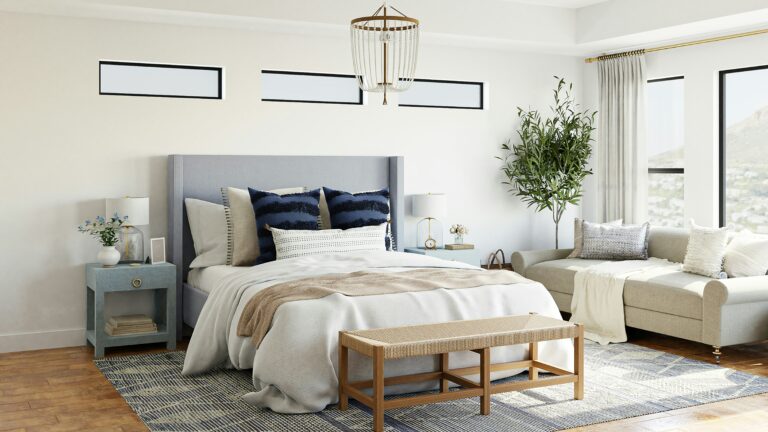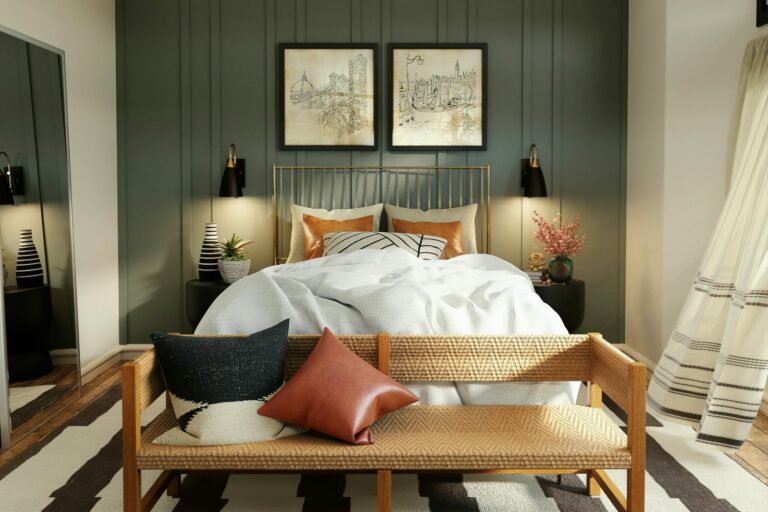Choosing the best booking system for a small hotel can be a daunting task, especially when there are so many different products on the market. The booking system you choose will have a significant impact on your business operations and customer experience. This makes it all the more important to ensure that you select the best product for your specific needs. When selecting the right booking system for your small United Kingdom hotel, there are a few key considerations to take into account.
In this article, we will what you should consider before purchasing a booking system for your small hotel. We will also discuss the advantages of using a booking system and how it can help to increase bookings and streamline your hotel operations. By the end, you should have a good understanding of what to look for when selecting the best UK booking system for your small hotel.
Step 1: Identify Your Booking Needs
Choosing the right booking system for small businesses can be a daunting task, but it all begins with identifying your specific booking needs. Here are some steps to follow when identifying your booking needs:
Consider Your Booking Channels
Consider what types of bookings you receive and the different channels through which you receive them.
Do you need to offer online booking through your website, or are you reliant on third-party online travel agencies (OTAs)? Are you looking for a mobile-friendly booking system? What payment methods do you accept?
These are all important considerations to help you determine the necessary features to fulfil your booking needs.
ENJOYING WHAT YOU’RE READING? JOIN OUR NEWSLETTER EMAIL LIST
Join our newsletter list & receive helpful hotelier tips & tricks, industry trends & more!
Identify Your Required Features
Some common booking needs include 24/7 availability, easy payment processing, channel management and efficient management of room inventory. It’s important to assess your specific needs to determine the best booking system for your small business. Once you have identified your specific needs, you can begin researching booking system options.
Step 2: Research Booking System Options
Now that you have determined the need for a booking system tailored to small businesses, it’s time to uncover which one is right for your small hotel based in England or the UK. Here are some steps when exploring available booking systems:
Identify the Types of Booking Systems Available
There are two main types of booking systems and they are OTAs and direct hotel booking systems. OTAs like Booking.com and Expedia allow customers to book rooms through their platforms and take a commission on each booking.
Direct hotel booking systems, on the other hand, allow customers to book rooms directly through the hotel’s website, without the commission fees of OTAs.
Identify the Key Features to Look for in a Booking System
There are numerous booking system software options available in the UK market, such as Preno. These systems offer a range of features and functionalities to help small hotel businesses manage their bookings and reservations.
Some key features to look for in a booking system include:
- Easy integration with your website: Choose a booking system that integrates easily with your website design and functionality.
- Mobile-friendly: With more and more bookings being made on mobile devices, it’s important to choose a booking system that is optimised for mobile.
- Payment processing: Look for a booking system that offers easy and secure payment processing options for your customers.
- Room inventory management: Choose a booking system that allows you to efficiently manage your room inventory and availability.
- Pricing management: Select a booking system with pricing management features to help you optimise your room rates and maximise revenue.
- Reporting and analytics: A good booking system should provide you with detailed reporting and analytics to help you make informed decisions about your business.
Step 3: Compare and Evaluate Booking System Options
Once you’ve identified the key features and functionalities you need in a booking system, it’s time to compare and evaluate your options. There are many online tools available to help you compare and evaluate booking system software, such as Hotel Tech Report and Capterra.
When evaluating booking system options, it’s important to consider factors such as pricing, customisation, and compatibility.
Here are some things to consider when comparing and evaluating booking system options:
Criteria to Consider When Evaluating Booking System Options
When evaluating booking system options, there are several criteria to consider, including pricing, customisation, and compatibility. Pricing is an important factor to consider, as some booking systems may be more expensive than others. However, it’s important to remember that the cheapest option may not always be the best.
Customisation is also important, as it allows you to tailor the booking system to your specific business needs. This can mean anything from booking engine design, to reports and analytics.
Compatibility is another important factor, as you want to ensure that the booking system integrates seamlessly with your website and other systems. If you use Xero for accounting, for example, you’ll want a PMS that integrates with this software (such as Preno).
Online Tools to Compare and Evaluate Booking System Software
There are many online tools available to help you compare and evaluate booking system software.
Hotel Tech Report is one such tool that provides detailed reviews and ratings of various booking system options. Capterra is another tool that allows you to compare pricing and features of different booking systems.
These tools can be helpful in narrowing down your options and selecting the best booking system for your business.
Prioritise Certain Features Based on Your Hotel’s Specific Booking Needs
When evaluating booking system options, it’s important to prioritise certain features based on your hotel’s specific booking needs. Some common booking needs include 24/7 availability, easy payment processing, and efficient management of room inventory.
By prioritising these features, you can ensure that the booking system you select meets your business needs.
Step 4: Choose the Best Booking System
After you have compared and evaluated your booking system options, it’s time to select the best booking system for your hotel. Here are some things to consider when making your selection:
Select a User-Friendly Booking System
It’s important to select a booking system that is user-friendly for both staff and guests. This can help ensure a smooth transition and implementation of the new system. Look for a booking system that is easy to navigate and offers clear instructions for both staff and guests.
Ensure Compatibility with Your Existing Systems
Make sure the booking system you select is compatible with your existing systems, such as your website and property management system. This can help ensure a seamless integration and minimise the risk of technical issues.
Plan for a Smooth Transition and Implementation
Once you have selected your booking system, it’s important to plan for a smooth transition and implementation. This may involve training staff on how to use the new system, updating your website to integrate the new booking system, and communicating the changes to guests.
By planning ahead and ensuring a smooth transition, you can help minimise disruptions and ensure a successful implementation of your new booking system.
In conclusion, selecting the best booking system for your hotel can be a challenging task. However, by following the steps outlined in this article, you can ensure that you choose a system that meets your business needs and provides an optimal customer experience. By comparing and evaluating booking system options, prioritising certain features based on your hotel’s specific booking needs, and planning for a smooth transition, you can help ensure that your hotel’s booking system is efficient and user-friendly. With the right booking system in place, your guests will have an enjoyable and convenient experience when making their reservations.
Transform Your Guest Experience With Preno
With Preno, seamless management is just a click away. Embrace the future of hospitality with our free trial, no strings attached.





